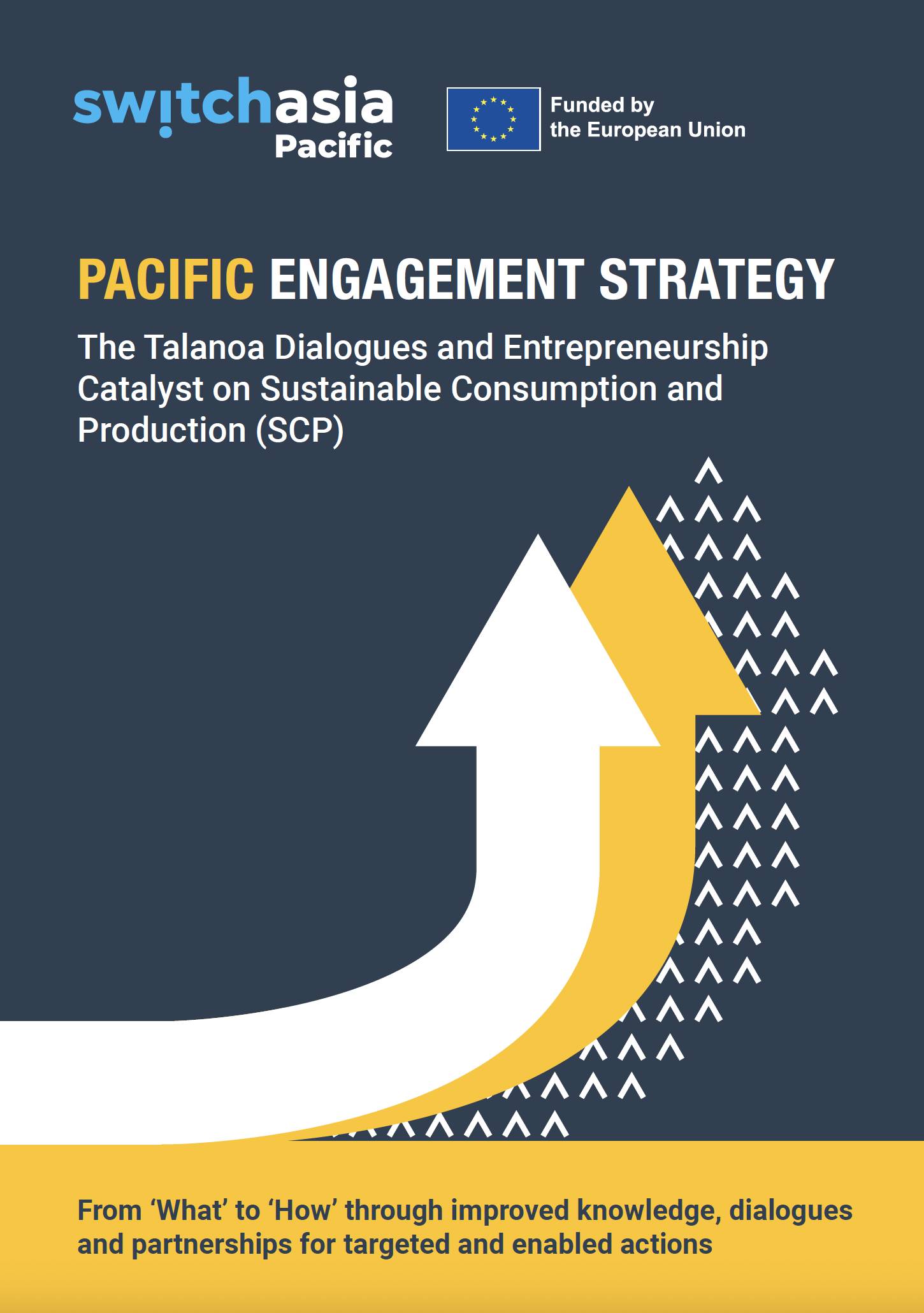
The countries in the Pacific are on the front lines of climate-change impact, loss of biodiversity, and ecosystem destruction. Addressing these challenges to ensure a healthier future for both the environment and the people in the Pacific will require both global and local solutions. Mainstreaming sustainable consumption and production (SCP) in policies and practices, tailored to the unique context of the Pacific region, will be essential for addressing the issues of responsible resource management and waste minimisation, and for creating opportunities in fostering green business, innovation and community engagement. Promoting SCP can become an effective mechanism for transformative actions and solutions using a systems approach in managing natural resources, supporting economic development and contributing to the long-term sustainability and prosperity of communities in the Pacific countries. SCP will therefore be a game changer supporting the transition to circularity, climate resilience and sustainability in the Pacific.
The present Pacific Engagement Strategy has been developed to identify the priority issues pertaining to SCP, the relevant key stakeholders involved (local, national, regional and international, as well as public and private), and the possible pathways and actions to address SCP needs and actions tailored to the Pacific countries. There is a need for dialogue with and among all the stakeholders involved to discuss SCP policies and opportunities for action in the Pacific in the transition to resilient low-carbon economies. This strategy also looks at how dialogue and partnerships could be developed for joint actions with collective synergy for moving both circular economy (CE) and sustainable development forward.


